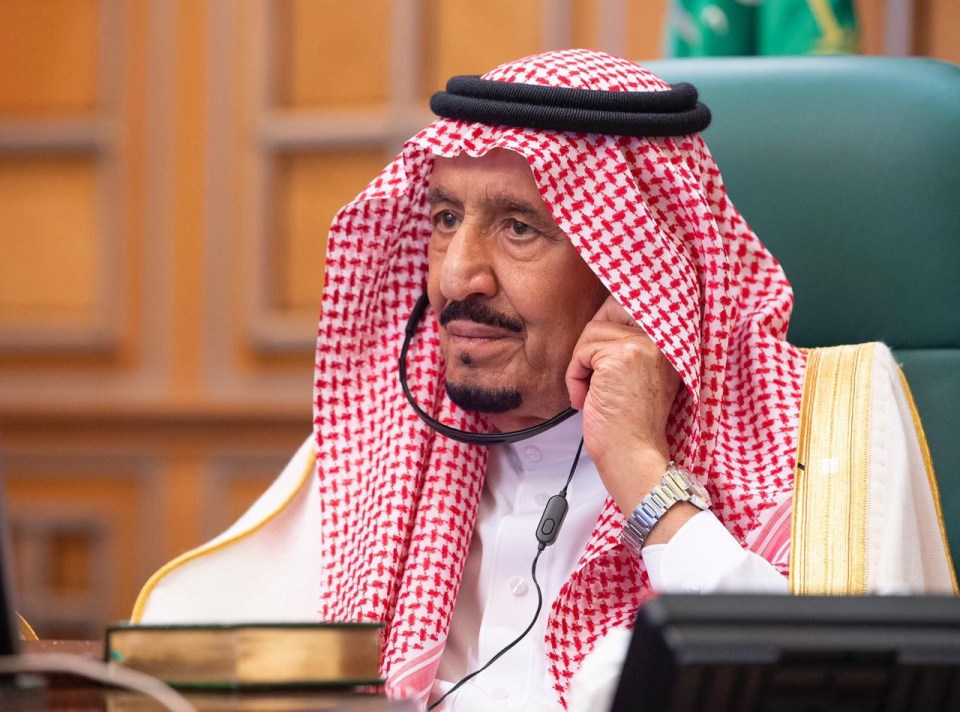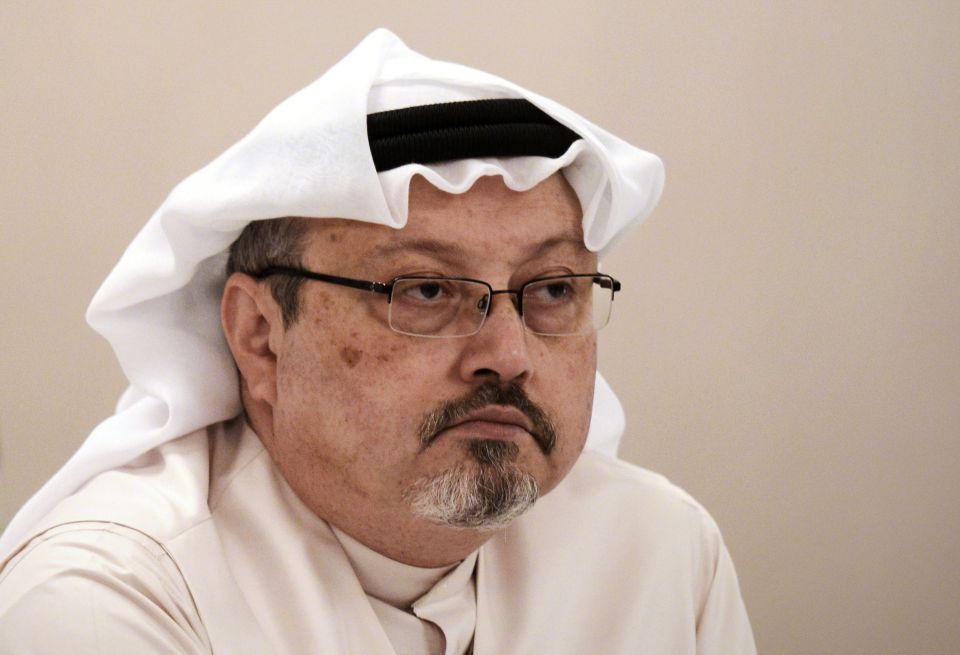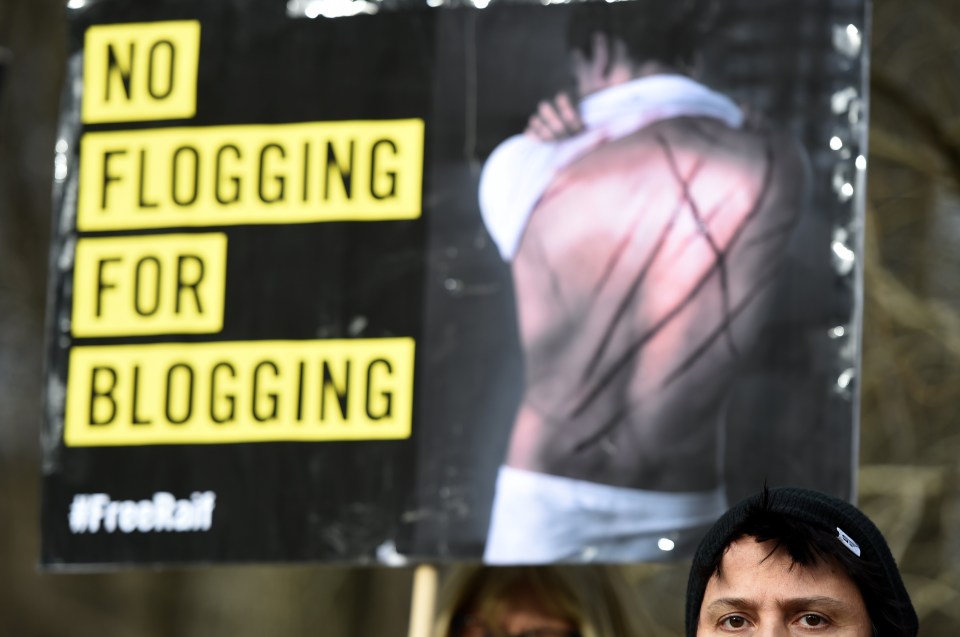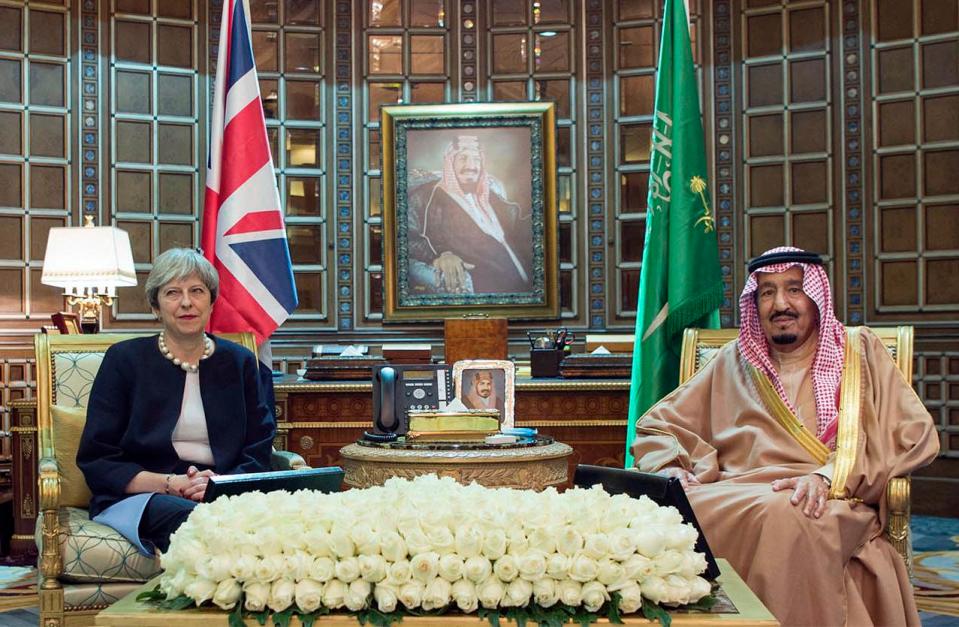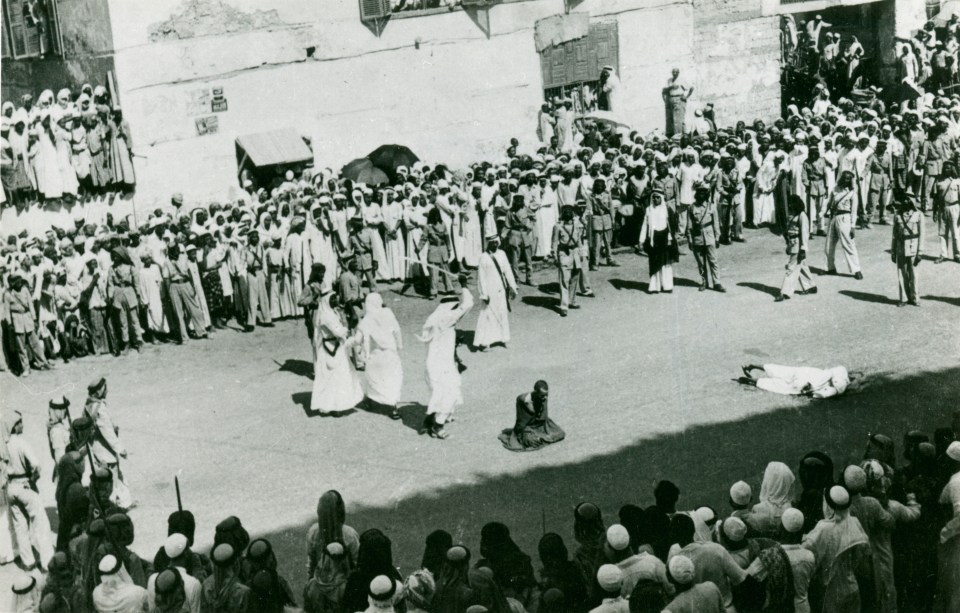Saudi Arabia will stop executing child criminals after international outcry at death sentences for teen protesters
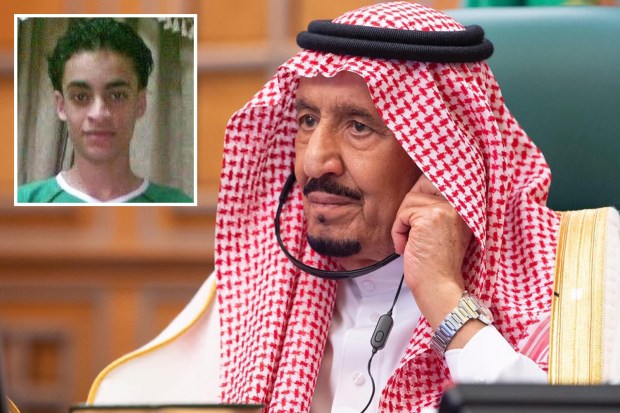
SAUDI Arabia will no longer impose the death sentence on those who commit crimes as minors, after teen protesters were executed prompting an international outcry.
A royal decree made by King Salman and later revealed by the Human Rights Commission today will see the archaic punishment scrapped.
The news comes just two days after the kingdom effectively scrapped the punishment of flogging, replacing the brutal method with prison sentences and fines.
And now minors who commit serious crimes will instead receive up to 10 years in custody, Human Rights Commission president Awwad Alawwad said.
"The decree means that any individuals who received a death sentence for crimes committed while he or she is a minor can no longer face execution," Mr Alawwad said in a statement on Sunday.
"This is an important day for Saudi Arabia," he added.
"The decree helps us in establishing a more modern penal code, and demonstrates the kingdom's commitment to following through on key reforms across all sectors of our country."
However, it is not clear when the change in law will come into effect.
The decree helps us in establishing a more modern penal code, and demonstrates the kingdom's commitment to following through on key reforms across all sectors of our country.
Awwad Alawwad, Human Rights Commission president
Saudi Arabia is one of the world's biggest executioners after Iran and China, Amnesty International revealed in a report earlier this month.
The Kingdom executed a record 184 people, including children, last year — making it one of the bloodiest in the kingdom in five years.
A total of 800 people have been executed in five years — twice as many as when King Salman came to the throne in 2015.
CHILD EXECUTIONS
Capital punishment for crimes committed by people aged under 18 is against the UN Convention on the Rights of the Child, which Saudi Arabia is a signatory of.
In all, the kingdom executed six young men last year who were children at the time of their alleged crimes — with one crucified and his body put on display as a warning to others.
Also put to death were teenagers Abdulkareem al-Hawaj and Mujtaba al-Sweikat, who were just 16 and 17 at the time of their arrests.
Abdulkarim al-Hawaj was a 16-year-old schoolboy when he was detained and accused of being a "terrorist" for sending texts online about an anti-government demonstration.
Al-Hawaj was later tortured with electricity and beheaded.
Mujtaba al-Sweikat, was a teenager who was set to start a new life in the US, studying at Western Michigan University, when he was also arrested for attending an anti-government protest.
The then-17-year-old – who had enrolled in English language and finance - was tortured into confessing "crimes against the state".
Human rights charities claim he was also tortured into confessing and convicted in a "sham trial."
Despite his university protesting his sentence, insisting he had “great promise,” Mujtaba was also beheaded.
Also executed was teenager Salman Qureish, who was arrested shortly after his 18th birthday.
'SHAM TRIALS'
Last April saw the Sunni-ruled kingdom execute 37 men, 32 of whom were convicted of "terrorism" charges following trials that involved confessions extracted through torture.
In a 59-page report Amnesty told how Hussein al-Mossalem was beaten with an electric prod and sustained multiple injuries including broken nose, broken collar bone and fractured leg.
The UN human rights chief said at the time that most of the men beheaded were Shi'ites who may not have had fair trials and at least three were minors when sentenced.
Clare Algar, Amnesty International's Senior Director for Research, Advocacy and Policy, said: "The death penalty is an abhorrent and inhuman punishment, and there is no credible evidence that it deters crime more than prison terms.
"We are calling on states to abolish the death penalty — there needs to be international pressure on the world’s last remaining executioners to end this human practice for good."
The death penalty is an abhorrent and inhuman punishment, and there is no credible evidence that it deters crime more than prison terms.
Clare Algar, Amnesty International
Saudi Arabia's human rights record came under intense international scrutiny after the murder of prominent Saudi journalist Jamal Khashoggi in 2018.
Rights groups have documented past cases in which Saudi judges have sentenced criminals to extreme punishments for a range of relatively minor offences.
MOST READ IN NEWS
In 2014, a Saudi blogger was sentenced to suffer 1,000 lashes for "insulting Islam" but it is believed he eventually received 50.
Then in 2016 a pair of Saudi women were sentenced to 20 lashes for the 'crime' of using bad language in text messages.
The victims were accused of "impermissible expressions" in their WhatsApp conversation.
News of the plans to scrap flogging ands death sentences for minors has been welcomed by human rights campaigners.
Crown Prince Mohammed bin Salman has launched a series of social and economic reforms aimed at modernising the conservative kingdom.
We pay for your stories! Do you have a story for The Sun Online news team? Email us at [email protected] or call 0207 782 4368. You can WhatsApp us on 07810 791 502. We pay for videos too. Click here to upload yours.


